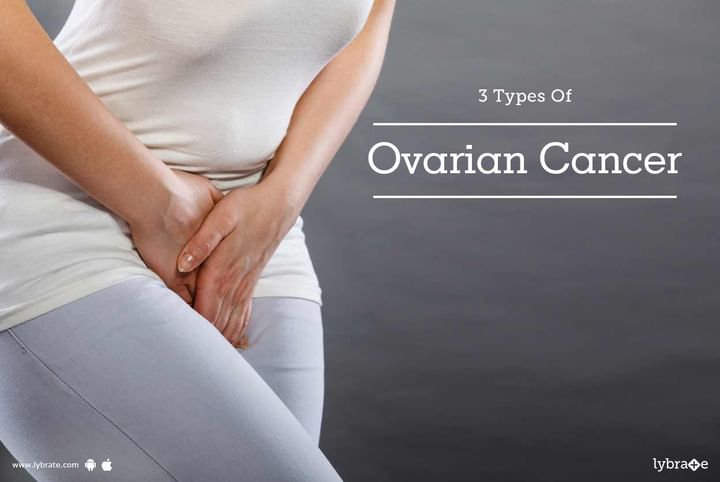3 Types Of Ovarian Cancer
Ovaries are the primary reproductive organs in the female body which produces the eggs that need to be fertilized to form a fetus in the womb. Ovarian cancer is a type of cancer that develops in the ovaries and spreads till the pelvis and the abdomen. This cancer is usually cured by either a surgery or chemotherapy.
Causes:
Ovarian cancer is mostly caused due to a genetic mutation which transforms the healthy cells of the ovaries into abnormal cancerous cells. The abnormal cells then generally form a tumor which spreads further inside the female body. The type of cell in which the cancer begins determines the type of ovarian cancer you have. Ovarian cancer types include:
- Epithelial tumors: it is the most common type of ovarian cancer which begins from the thin layer that covers the ovaries.
- Stromal tumors: this type begins in those tissues which contain the hormone producing cells.
- Germ cell tumors: this usually happens among relatively younger women, and it originates from the egg producing cells of the ovaries.
Risk factors
Factors that boost your risk of getting an ovarian cancer are listed below:
- Age: The risk of ovarian cancer is greater in women who are between 50 to 60 years. However, ovarian cancer is such a condition that can occur at any age.
- Estrogen hormone replacement therapy: This therapy tends to alleviate menopausal symptoms and renews the hormones of a woman's body. If you are undergoing this therapy then you are at a risk of developing ovarian cancer.
- Congenital: The risk of ovarian cancer can sometimes also be due to an inherited gene mutation and can be passed on from the parents to the offspring.
- Menstrual risk: If you had started menstruating before the age of 12 or had a menopause before the age of 52 then the risk of you developing ovarian cancer increases.
- Other risk factors: These factors do not pose a subsequent amount of threat of having an ovarian cancer, but they slightly increase the risk. These are activities like: regular smoking, fertility treatments, never being pregnant, use of an intrauterine device and polycystic ovary syndrome. If you wish to discuss about any specific problem, you can consult a Gynaecologist.



+1.svg)
